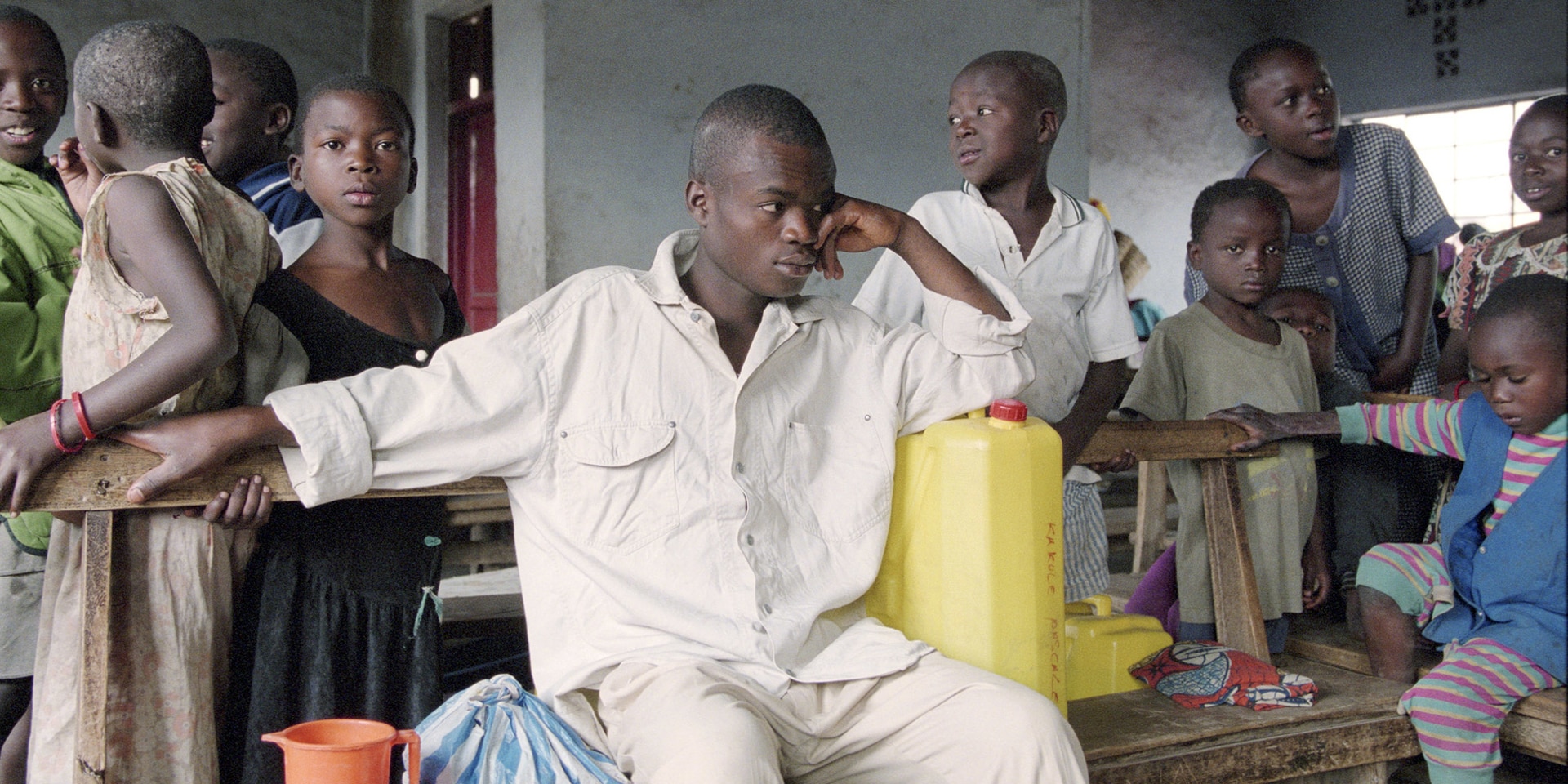Making humanitarian aid more effective
Improving health coverage in poorer countries against the backdrop of COVID-19, using new technologies and humanitarian data more effectively, and understanding the humanitarian implications of climate change will be the focus of discussions at the forthcoming Humanitarian Affairs Segment (HAS) of the UN Economic and Social Council (ECOSOC). The multilateral meeting will take place in Geneva from 23 to 26 June 2021. Pascale Baeriswyl, head of the Permanent Mission of Switzerland to the UN in New York and ECOSOC Vice President, will chair this year's HAS.

Strengthening humanitarian aid is the top priority of the Humanitarian Aid Segment, HAS, of the UN Economic and Social Council, ECOSOC. © Keystone
Livestream from 23 - 25.6.2021: ECOSOC HAS
This year's ECOSOC Humanitarian Affairs Segment takes place at a time of urgent global humanitarian challenges. It is an opportunity opportunity to take stock and chart a course for more effective, efficient and effective responses to current and future crises and disasters.
Ambassador Pascale Baeriswyl was appointed Vice President of ECOSOC and chair of its Humanitarian Affairs Segment for 2020–21. Switzerland's vice presidency of ECOSOC will end on 23 July 2021.
Following consultation with the humanitarian communities in Geneva and New York, Switzerland set the priorities for its tenure: compliance with humanitarian international law, inclusion, gender equity, innovation and partnerships.
Lessons learned and future direction
Strengthening humanitarian aid is the central goal of the Humanitarian Affairs Segment of the UN Economic and Social Council. This year's HAS session in Geneva will provide an important platform for humanitarian actors to share their experiences and lessons learned, particularly in connection with the COVID-19 pandemic. Climate change and the pandemic will require humanitarian aid to plot a new course if it is to mount a more effective response in the future.
How can we ensure that people in poorer countries have access to the COVID-19 vaccine? How can we advance new technologies and use humanitarian data effectively? What strategies are in place to address the humanitarian challenges of climate change? These questions deserve an answer.
The session will open with a welcome address by Johannes Matyassy, Deputy Permanent Secretary. It will be followed by a series of meetings, events and panel discussions. The event will close with the adoption of the annual ECOSOC humanitarian resolution by the Council's members.
ECOSOC
The Economic and Social Council is at the heart of the United Nations system to advance the three dimensions of sustainable development – economic, social and environmental. The 54-member Council is the central platform for fostering debate and innovative thinking, forging consensus on ways forward, and coordinating efforts to achieve internationally agreed goals. In keeping with its remit, ECOSOC allocates an above-average number of seats to developing countries. The HAS meets annually in June and is one of ECOSOC's four most important segments. It is also the only segment to convene every two years in Geneva.
Foreign Policy Strategy 2020–23
Peace, security and the rule of law are the foundations of prosperity and sustainable development. Switzerland’s foreign policy reinforces these foundations. To this end, it focuses on the proven instruments of its good offices, security policy, human rights policy, migration policy, its humanitarian commitment and science diplomacy.


